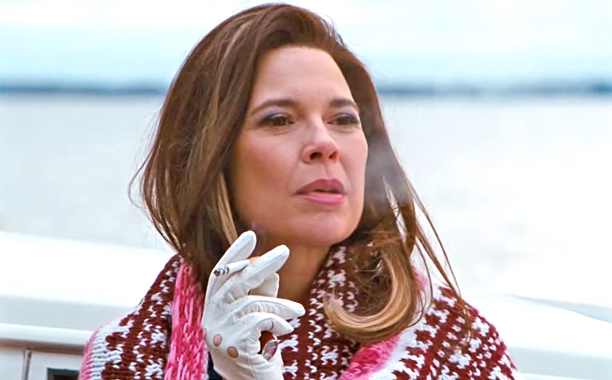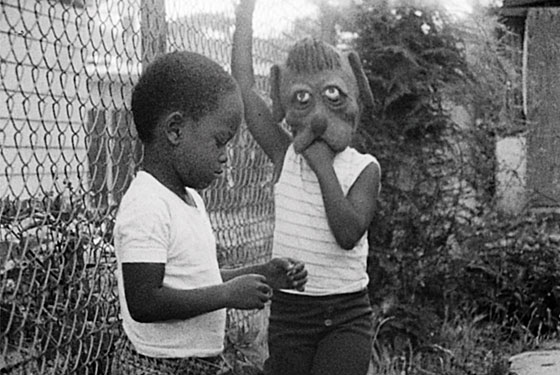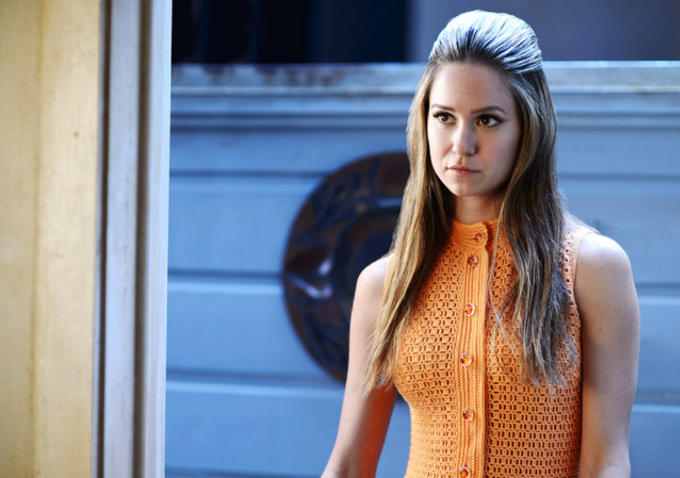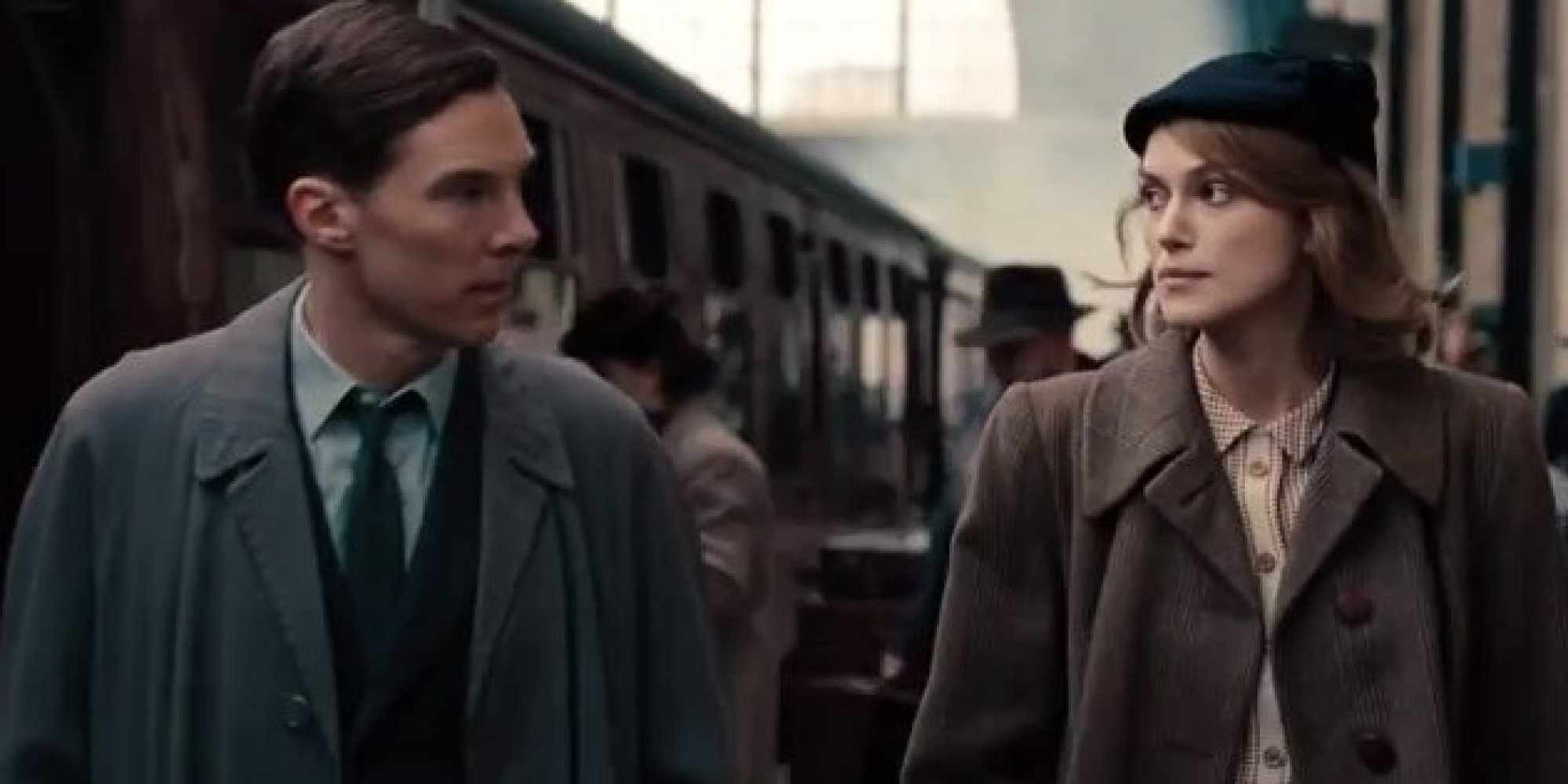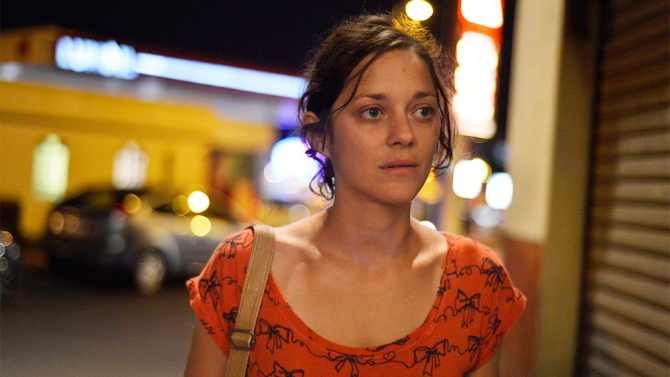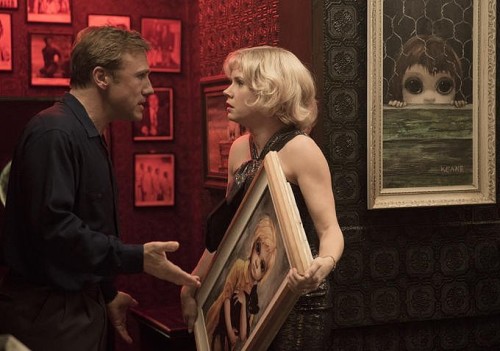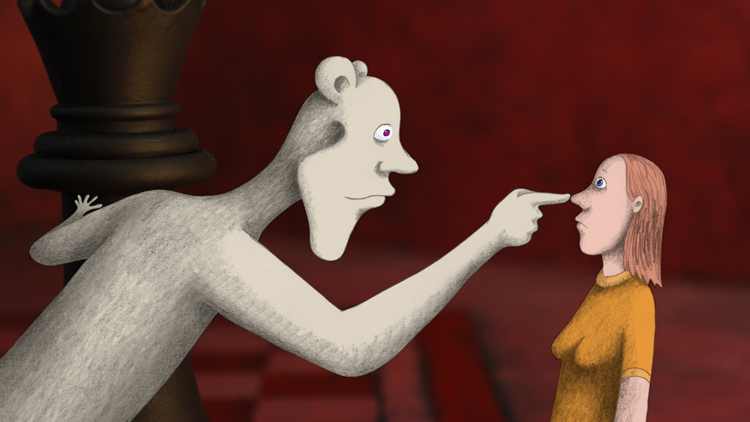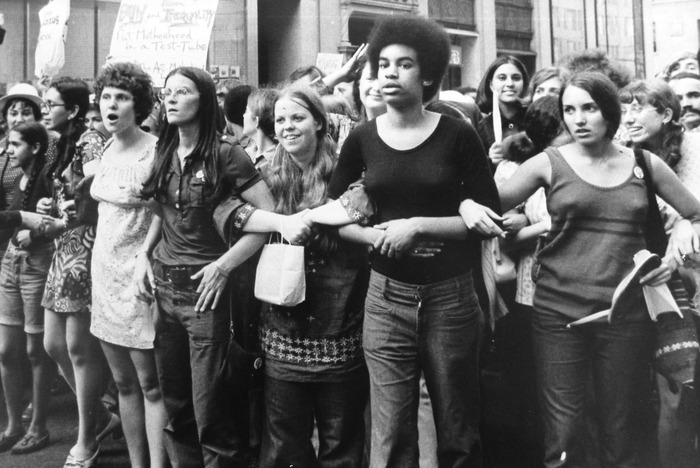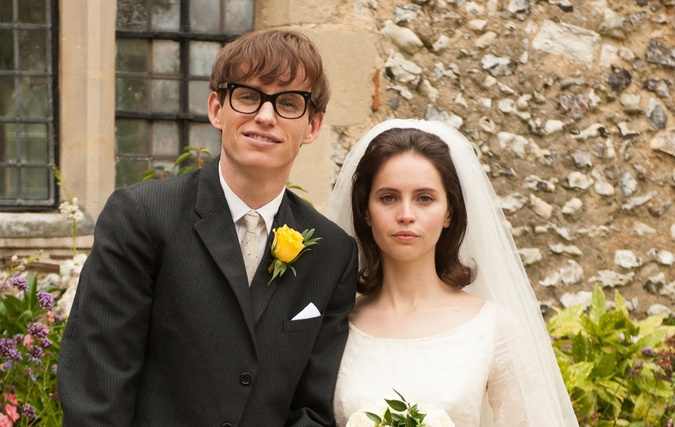‘Mommy’: Her Not Him
I went into ‘Mommy,’ the magnificent, new film from out gay, Québécois prodigy Xavier Dolan (he’s 25 and this film is the fifth he’s written and directed) knowing that Anne Dorval, who plays the title character was being touted in some awards circles as a possible nominee for “Best Actress” (she’s flawless in this role, certainly better than the other Best Actress nominees I’ve seen)–as opposed to “Best Supporting Actress.” But this film kept confounding my expectations by keeping its focus on her and not the one who would be the main character of any other film: her at turns charismatic, obnoxious and violent 15-year-old, blonde son Steve (an incredible Antoine-Olivier Pilon).
